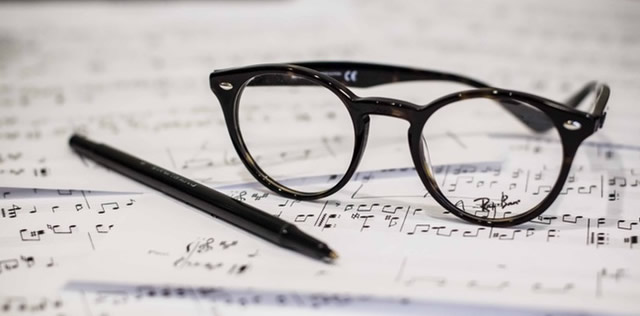Prayer or meditation, taking the time to speak to the creator is part of every religion. Here, we go over the simplest form of Islamic prayer that is in Quran, where lots of myth & traditions is mixed with facts of what is in the book. This 22:35 minute video is traditional (Sunni) way of looking at prayer (SALAT).
Hamaza Yusuf, born as Mark Hanson is a Christian American convert, educated Islam in London. most likely in a Saudi version of Sunni Islam, Later in UAE, Morocco & Tanzania, all are Sunni Sunni teaching.
He has co-founded an Islamic university, funded by UAE, named Zaytoonah.
The story of “five pillars” and prayer being the central pillar is not in Quran. It is a hearsay (Hadith).
If we are looking for, or want to make up a pillar, we should consider doing the “Good Deeds”. It is the way of salvation in all religions for their believers and it brings fulfilment & joy for even non-believers.
- Call for prayer, or saying (Shahadh), is not any condition prayer or salvation in Quran, even acknowledgement of a prophet could be considered preferential treatment that is forbidden.
- No provision to make up whatever missed prayers, unlike fasting.
- No punishment for people who do not pray, this life or hereafter.
- Five daily contacts revered & mentioned in different places. One weekly public (Friday) prayer is ordered to believers.
- Many teachings on quality, from the “intention”, being humble & voicing not too loud or too weak, encouraged to make many requests in all areas, “God loves to hear requests & will answer all which ultimately benefits, if his directions followed, understanding what is said in prayer (if drunk not acceptable).
- Nothing about it’s quantity or it’s length.
Igonringing it’s added music, an untraditional prayer.
Prayer in Quran;
1- Abuloution (Wuthu). Washing face & hands up to albo, head & feet as a minimum. Most Sunni & Shiaa many versions are acceptable in Quran.
2. Reciting “7 often repeated versus” حمد. As it’s name means, it is truly most repeated seven phrase there is. It is repeated at lease five times a day, and most of believing prayers repeat it 17 times a day. It has no mention of any prophet in it. Only Acknowledgement of God & judgement day, besides this world & well wishes for all of humanity in both worlds.
1:1-7
In the name of God, the Compassionate, the Merciful.
Our praise be to God, the lord of the worlds.
The Compassionate, The Merciful.
Lord of the judgment day.
It is you alone we serve and you alone we seek for help.
Guide us to the straight path.
The path of those you have blessed, not those who deserved your wrath, nor those gone stray.
3- Reciting verse 111 of 17th sura; Some recite this verse in the call for prayer. It is encouraged to recite any verse, but considering the paragraph (109-111), and it is the distinction that separates people who think God needs a son, a protector or a friend, it’s reciting is not against Quran’s teaching.
17: 111
Say: “Praise be to Allah, who begets no son, and has no partner in (His) dominion: Nor (needs) He any to protect Him from humiliation: yes, magnify Him for His greatness and glory!”
4- Bow Down, رکوع Kneeling, recomended to be humble doing it.
The triliteral root rā kāf ʿayn (ر ك ع) occurs 13 times in the Quran, in two derived forms:
- five times as the form I verb yarkaʿu (يَرْكَعُ)
- eight times as the active participle rākiʿ (رَاكِع) CLICK HERE FOR DETAILS
5- Prosteration, سجود
The triliteral root sīn jīm dāl (س ج د) occurs 92 times in the Quran, in four derived forms:
- 35 times as the form I verb sajada (سَجَدَ)
- six times as the nominal sujūd (سُّجُود)
- 28 times as the noun masjid (مَسْجِد)
- 23 times as the active participle sājid (سَاجِد) CLICK HERE FOR DETAILS
Disclaimer & conclusion;
Above are facts & below are my conclusions. Everybody is responsible for what they know & as much as they understand.
- Prayer symbolizes obedience, submission, sincerity, repentance, veneration and respect in regard to one’s higher power. It sets anchors on time & keeps us focused.
- Because there is no order to make up missed prayers, no need for feeling guilty about the past.
- If all of what brother Hamza Yusuf wishes is materialized, we would have more bearded men praying, not necessary more effective.
- If all of humanity was careless about what governments do, didn’t do their civic duty on involvement in the business of governments like UAE & Saudi Arabia (who fund this version of Islam) did in Yemen, we would not have any better world, no matter how we prayed, weather we prayed or not.
